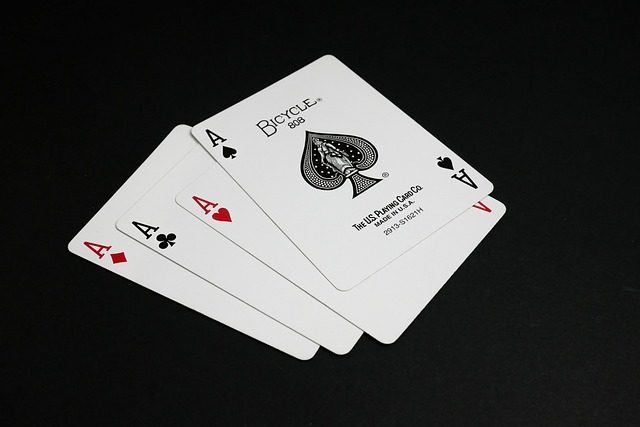Casinos—both land-based and online—are carefully designed to keep players engaged for as long as possible. Beyond flashing lights and catchy sound effects, much of this retention is based on psychological principles that influence how people think, feel, and behave while gambling. From reinforcement schedules to subtle design choices, casinos use a combination of behavioral science and game theory to encourage prolonged play, frequent bets, and repeat visits. Understanding these psychological strategies helps players become more mindful of their habits and make more informed choices while gambling.
Variable Rewards and Reinforcement Loops
At the heart of every slot machine and many table games lies a principle known as variable ratio reinforcement—a concept rooted in behavioral psychology. Unlike predictable reward systems, variable reinforcement delivers prizes on a random schedule, which makes the reward more compelling. This unpredictability stimulates the brain’s dopamine response, encouraging players to keep spinning, betting, or playing, even after repeated losses. Slot machines, in particular, are designed to keep players in a feedback loop, where small wins or near-misses serve as encouragement to continue. The result is a powerful psychological mechanism that mimics the behavior seen in habit-forming activities, making it easy for players to lose track of time and money.
Casino Environment Design and Sensory Cues

Casinos are engineered environments that use sensory input to influence behavior. In land-based casinos, the layout is often labyrinth-like, with few clocks or windows to keep players unaware of the passage of time. Bright lighting, ambient music, and strategically placed sounds (like slot machines paying out) create a constant sense of excitement. Even carpet patterns and ceiling heights are chosen to subtly guide foot traffic and mood. Online, these same principles are replicated digitally. Color schemes, flashing animations, and celebratory sounds reinforce the thrill of every spin or hand, even when the monetary reward is minimal. These cues contribute to a heightened state of engagement, encouraging longer sessions and repeat play.
Near-Misses and the Illusion of Control
One of the most psychologically effective tools in gambling is the near-miss—outcomes that are close to a win but still result in a loss. Studies have shown that near-misses activate the brain’s reward system in a similar way to actual wins, tricking players into thinking they were “almost” successful and motivating them to try again. This effect is commonly seen in slot games, where two jackpot symbols followed by a non-matching third symbol trigger the illusion of being close. Another psychological tactic is the illusion of control, where players believe their actions—like pulling a lever or choosing cards—can influence an outcome that is actually random. These illusions increase perceived skill and involvement, keeping players mentally invested in the game.
Loyalty Programs and Gamification

Casinos use loyalty programs and gamification elements to encourage consistent engagement. These systems reward players not just for winning, but for spending time and money on the platform. Earning points, unlocking levels, or collecting virtual badges can create a sense of progress and accomplishment, even when financial gains are minimal. These programs tap into the human desire for recognition and achievement. By introducing tasks, challenges, or tiered rewards, casinos add a game-like layer to the gambling experience. This keeps players coming back to meet goals or retain their VIP status—reinforcing long-term loyalty that may have little to do with actual winnings.
Bonuses, Free Plays, and Loss Framing
Casinos frequently offer bonuses, free spins, or matched deposits to incentivize play. Psychologically, these promotions work because they reduce the perceived risk of gambling with your own money. Players are more willing to bet when the funds feel like a gift rather than an investment. Additionally, loss framing plays a key role—some platforms highlight how much a player could lose by not claiming a bonus, triggering a fear of missing out (FOMO). Others use countdown timers to create urgency. These strategies encourage quick decisions and continued play, even for users who may have intended to stop.
